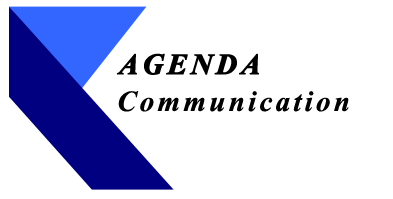
Got a question
about English?
Click here and send us your question. We will try to answer it within the week.
Monitor our Home Page to see if your question appears in Keys to Better English.





1. "There is" or "There are"?
"There is" and "There are" are always follwed by a noun.
If the noun is singular, use "There is"; if the noun is plural, use "There are".
2. "You and I" or "You and me"?
We only use "You and I" when "You and I" are doing the verb. In all other situations, use "You and me". A quick way to check is to remove the words "You and". Now say the sentence.
If "I" sounds right, then "You and I" will probably be right.
If "me" sounds right, then "You and me" will probably be right.
3. "Its" or "It's" ?
Both are possible but they have different meanings.
"Its" without the apostrophe means "belonging to it", (as in "its tail" when referring to an animal's tail.)
"It's" with the apostrophe is short for "It is" (as in "It's raining.") and sometimes "It has" (as in "It's been a long time.")
4. "Let's" or "lets""
"Let's" is short for "Let us". The apostrophe shows that the letter "u" is missing. We use "Let's" to suggest doing things together, as in:
"Let's dance!"
"Lets" without the apostrophe means the same as "allows", as in:
"She lets us stay up late."
5. "Two", "too" or "to"?
"Two" is only ever the number.
"Too" means "more than required" or "more than can be coped with".
We normally use it with nouns or adjectives (words that describe nouns) to indicate that there is "more (noun) than required" or that soimething is "more (adjective) than can be coped with". For example:
"There is too much flour." means "There is more flour than required"
"This box is too heavy for me." means "It is heavier than I can cope with."
"To" has many different meanings and uses. As a preposition, it often suggests movement and commonly means "towards", as in "They walked to the station."
"To" is also often used before a verb, as in "I want to learn English." Here, it doesn't actually mean anything; it is simply indicating that the next word is a verb in its baseword or infinitive form.
Further tips will be added regularly.

















The Vault
Welcome to The Vault
Here you can find the answers to many of those nagging questions about English (as used in Australia). If you can't find the answer to your question here, why not send us your question? (See the note on the right of screen)
But open The Vault first, and take a look around...



